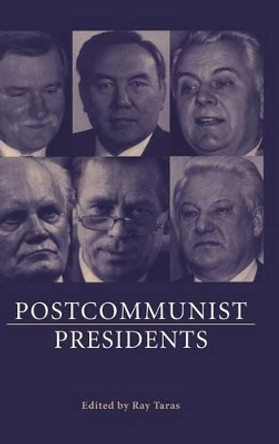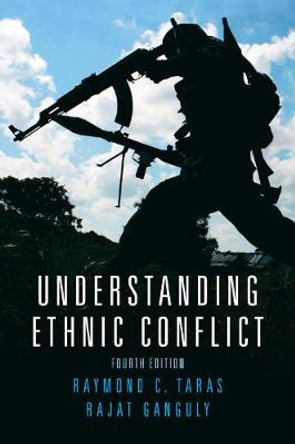The political systems that have replaced communist rule in East-Central Europe and Eurasia are closely associated with their presidents. The first democratically-elected presidents of these countries - men like Yeltsin, Havel and Waesa - have frequently been viewed as 'founding fathers' of their countries' independence. But were they successful in creating strong presidential systems in these states? Has their unquestioned personal power and charisma been institutionalized in the presidencies? Will executive power in postcommunist states remain the same when the first incumbents of the office are gone? This book, first published in 1997, offers a comparative analysis of the role of presidents in postcommunist states. Comprising studies of Russia, Ukraine, and Kazakstan among former Soviet republics, and Poland, the Czech Republic, and Hungary among Central European states, this book will be required reading for readers interested in how political leaders affect the fate of democracy in the former communist world.
This book, first published in 1997, offers a comparative analysis of the role of presidents in postcommunist states.Reviews"Ray Taras and his coauthors have produced a useful work that captures the intricacy of creating presidential power in the early years of the postcommunist transformation." Timothy Frye, American Political Science Review
"...this book is a useful resource in bridging the gap between area studies and comparative politics....it should be in every four-year college library as a reference work." Choice
Book InformationISBN 9780521587655
Author Raymond TarasFormat Paperback
Page Count 262
Imprint Cambridge University PressPublisher Cambridge University Press
Weight(grams) 390g
Dimensions(mm) 229mm * 152mm * 15mm







